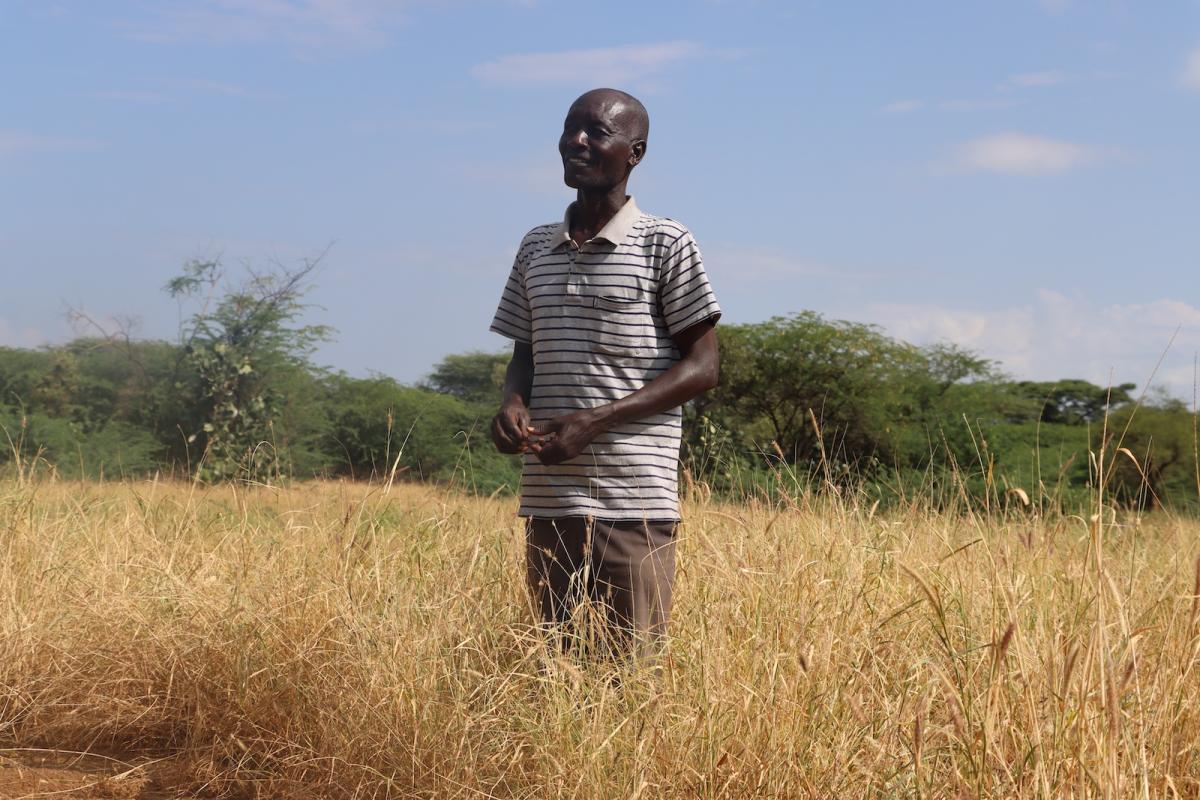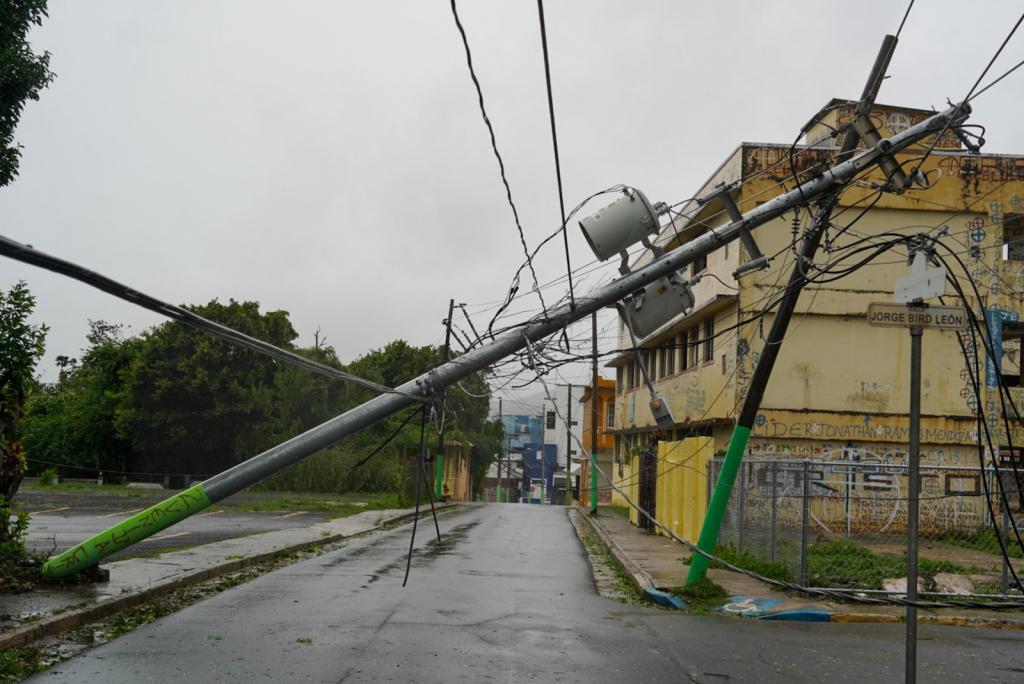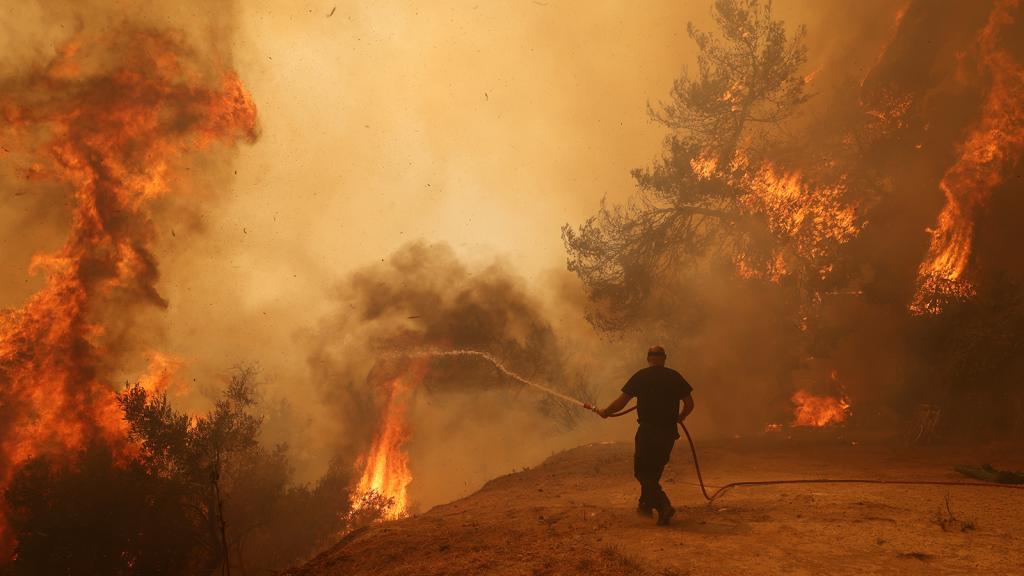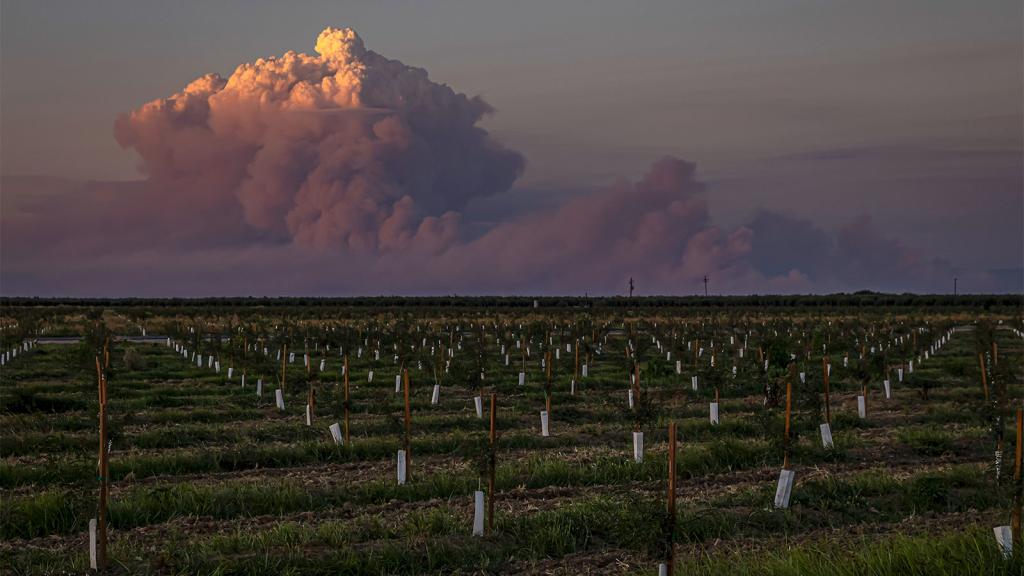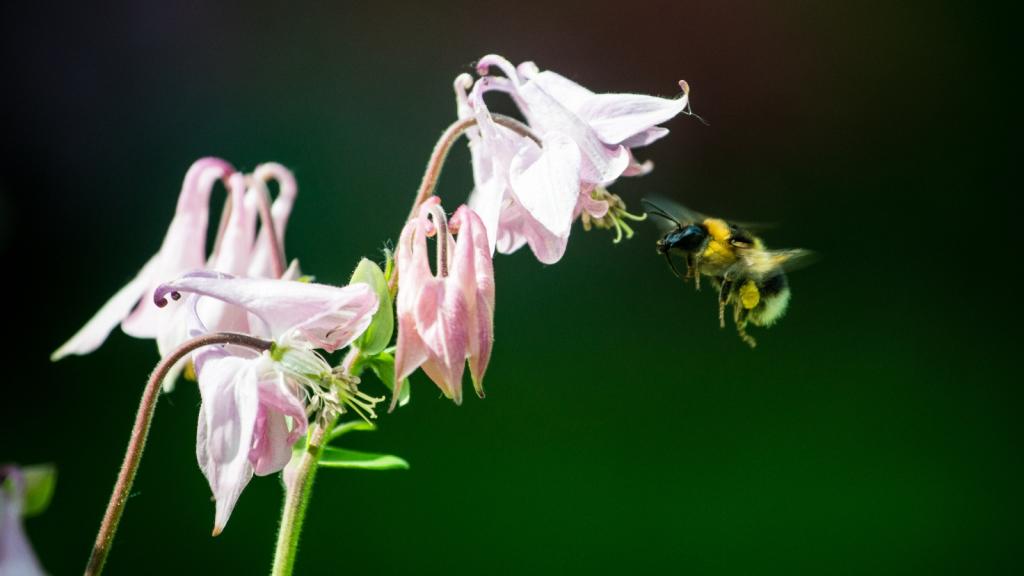Simon Kitol’s 25-acre farm in western Kenya teems with maize, tomatoes, and beans, but also an invasive menace: Prosopis juliflora, better known as the mathenge plant. Its long roots steal water from his crops, and the shrub takes up valuable room for growing food. Kitol’s livestock also dine on the mathenge pods, which are loaded with sugar, causing even more problems.
“It damages their teeth, and eventually the cows or goats die,” Kitol said. The thickets also provide cover for predators like wild dogs and hyenas. “They hide there because it is so thick that you can’t see them. At night, when the goats or sheep walk around, they are attacked and killed.”
Last year, experts with Penn State’s PlantVillage project, which helps smallholder farmers adapt to climate change, arrived to train Kitol and others in the area on a clever way to turn mathenge from a problem into an asset. Workers gather up those troublesome weeds — biomass — and convert it into biochar, concentrated carbon that they ... Read more
